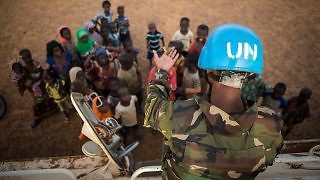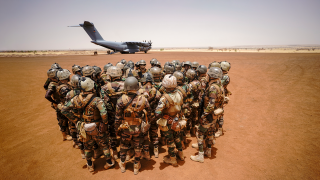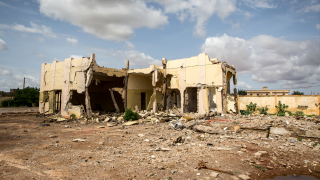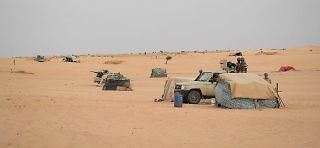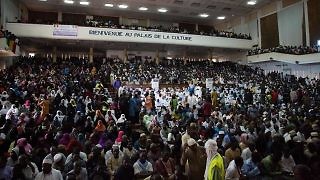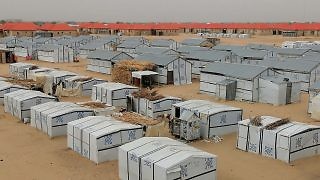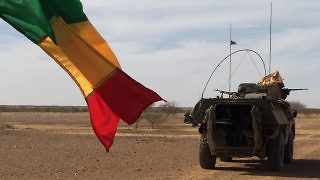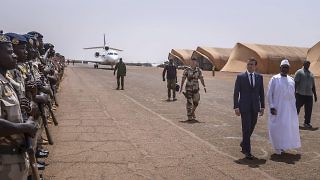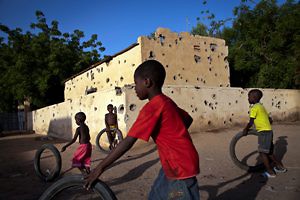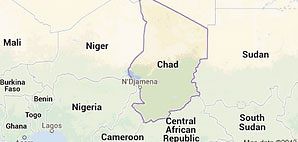The UN Security Council does not have the luxury of choosing between normative imperatives associated with preventing atrocities, protecting civilians, and countering terrorism in Mali, the Sahel, and elsewhere.
Tag: sahel
-
-
The complex, and not always coordinated, ecosystem of military operations across the Sahel has been aptly labeled a security traffic jam. Why are external forces in the Sahel? Can they help resolve any of the region’s crises? And, if so, what configuration of external forces makes the most sense?
-
The question of how the UN should best support non-UN peace operations is longstanding, however a UN support office for the G5 Sahel Joint Force is a bad idea.
-
Although MINUSMA’s support to the G5 Sahel Force has been essential and critical, a number of challenges have prevented the force from fully benefitting from the support provided by the UN.
-
The soft acceptance of the coup is ultimately a soft acceptance of the status quo in Mali.
-
Responding to extremist violence and displacement-related issues will depend on decisiveness and more significant coordination.
-
The joint force should not become yet another pretext for not carrying out the needed governance reforms.
-
In discussions of Mali’s chronic problems, one factor tends to be overlooked: organized crime.
-
A presidential election has been held and a peace agreement signed, but recent attacks show the need for more international support in Mali.
-
In the span of a few years, Chad has become a new regional power and a credible African voice.
